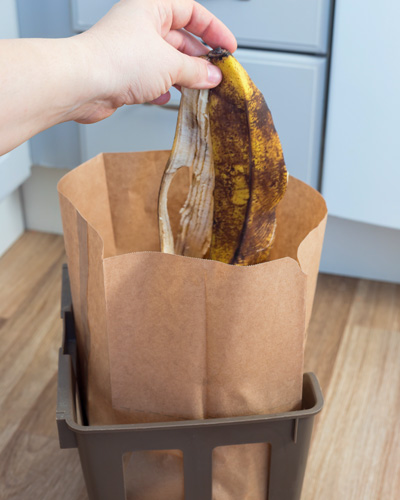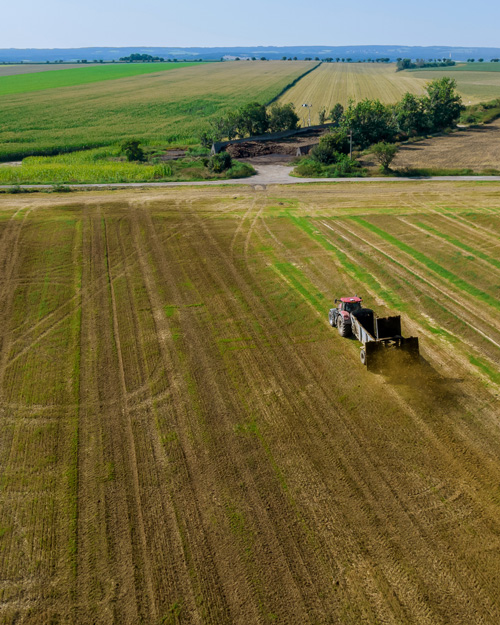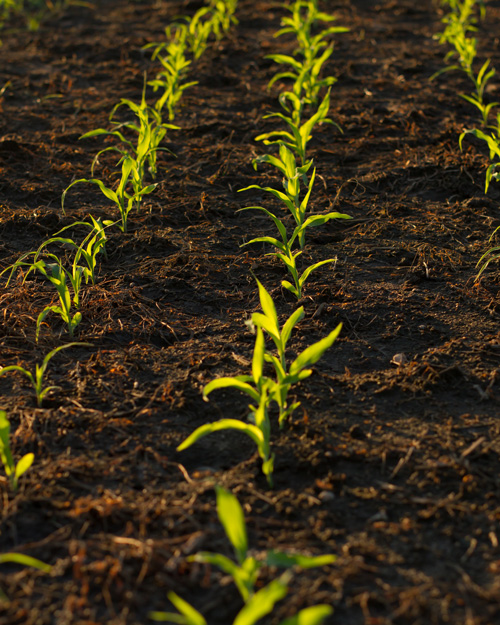7/28
Campus Composting Benefits the Circular Economy

By Madeline Billet, CRA/PBPC Government Relations Intern – Summer 2022
The circular economy is a method of production and consumption management that ensures everything is used to its maximum potential. Currently, the United States practices a linear economy, where consumers buy products, throw them away, and then the food, clothes, plastic, or whatever it might be, sits in a landfill until the end of time.
Alternatively, a circular economy would have consumers reusing their everyday necessities, until the product gets efficiently recycled or composted into a brand-new product. That way, we’re not depleting our limited natural resources to create more consumer products, our oceans are kept free of pollutants, and the greenhouse gases emitted by incineration and landfills are eliminated.
Sustainable Living as a College Student
As a college student, it can be difficult to prioritize sustainability in your lifestyle. With academics, extracurricular activities, and career networking at the top of the to-do list, it’s hard to find time to maintain a green thumb. However, environmentalism is not limited to growing all your own food or generating zero waste, for these are very inaccessible for the average college student. Instead, I make sustainability the center of my lifestyle choices by partaking in the circular economy.

Every week, instead of throwing food waste and paper products away, I put them in a compostable brown paper bag kept in my freezer. Then, through my university’s partnership with the Compost Crew, my waste gets transported to an industrial composting facility. Instead of my food scraps going into a landfill, where they’ll emit greenhouse gases and pollute our environment, the food scraps break down into compost that can be used in numerous ways like making soil better for farming.
Impacts of the Circular Economy
The byproduct of successful composting is a valuable soil amendment that greatly improves the fertility and structure of soil to make agriculture more cost effective and sustainable. The crops grown on the farms can be used to make compostable products and materials, creating what we call the circular economy. Among its many benefits, soil improved by compost reduces runoff, absorbs more water, and creates healthy conditions for farmers to maximize their output and environmental sustainability. Agricultural efficiency is more important now than ever before as the risk of global food insecurity rises.


Working with the Corn Refiners Association and Plant Based Products Council has broadened my view of how productive a circular economy is. While I compost mainly food waste from my kitchen, members of the PBPC manufacture an extremely wide variety of compostable and biodegradable consumer products.
CRA and PBPC members’ products are creating a future where nothing goes to waste. Consumer items such as coffee pods, plastic wraps, and straws are just a handful of products we use in our day-to-day life that are now compostable, which helps keep farms productive, sustainable, and cost-effective while adding new businesses and jobs to the economy.



While individuals like myself may participate in the circular economy, composting infrastructure legislation on the national level would make the circular economy much more accessible to the average American. PBPC and CRA work tirelessly to codify the circular economy via advocacy in our federal government, putting the needs of farmers and consumers first.
